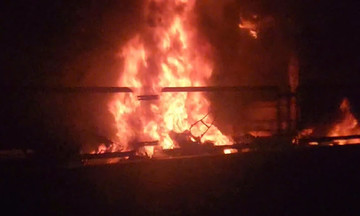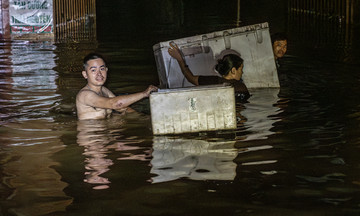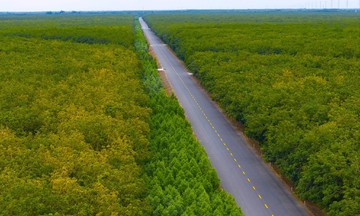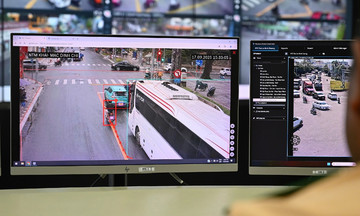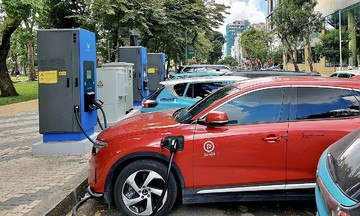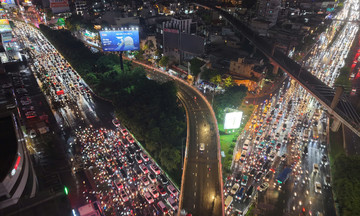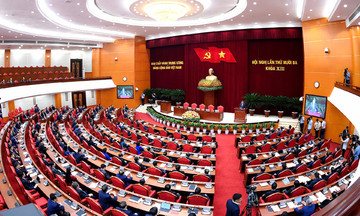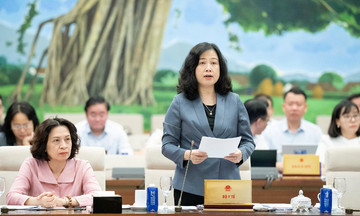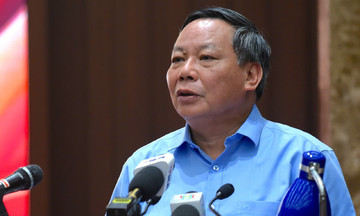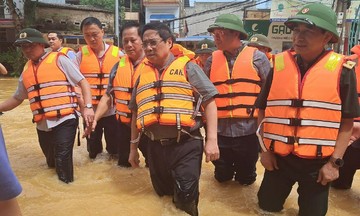The Vietnamese government recently issued Decree 249, outlining a mechanism to attract experts in science, technology, innovation, and digital transformation. The decree offers special incentives related to salaries, bonuses, housing, transportation, healthcare, and family support.
Experts' salaries will be negotiated in contracts and commensurate with assigned tasks, prevailing standards in their fields, and the labor market. In addition to their salary, experts can receive an annual bonus of up to 4 months' salary. They are also entitled to bonuses from leasing, selling, transferring, and exploiting the results of their work in science, technology, innovation, and digital transformation. They are also permitted to invest, cooperate, form joint ventures, and establish businesses based on their research results.
Upon signing a contract, experts receive an initial support payment equivalent to one month's salary to help them settle in, relocate, and purchase essential items. During their employment, the government will provide housing and transportation allowances, or even a standard apartment and vehicle. Funding for research trips and scientific exchanges abroad will also be covered as needed.
Beyond their income, experts will receive a voluntary healthcare package worth up to 1% of their annual salary. They are entitled to 7 days of domestic vacation annually and will receive support of up to one month's salary for themselves, their spouse, and children under 18. In addition to standard leave as per labor laws, experts will receive round-trip airfare once a year for themselves and their families to return to their home countries.
Children under 18 will receive assistance finding placement and covering tuition fees at public schools. Family members will receive a healthcare package worth 1% of the expert's annual salary, multiple-entry visas, and temporary residence cards valid for the duration of the expert's employment.
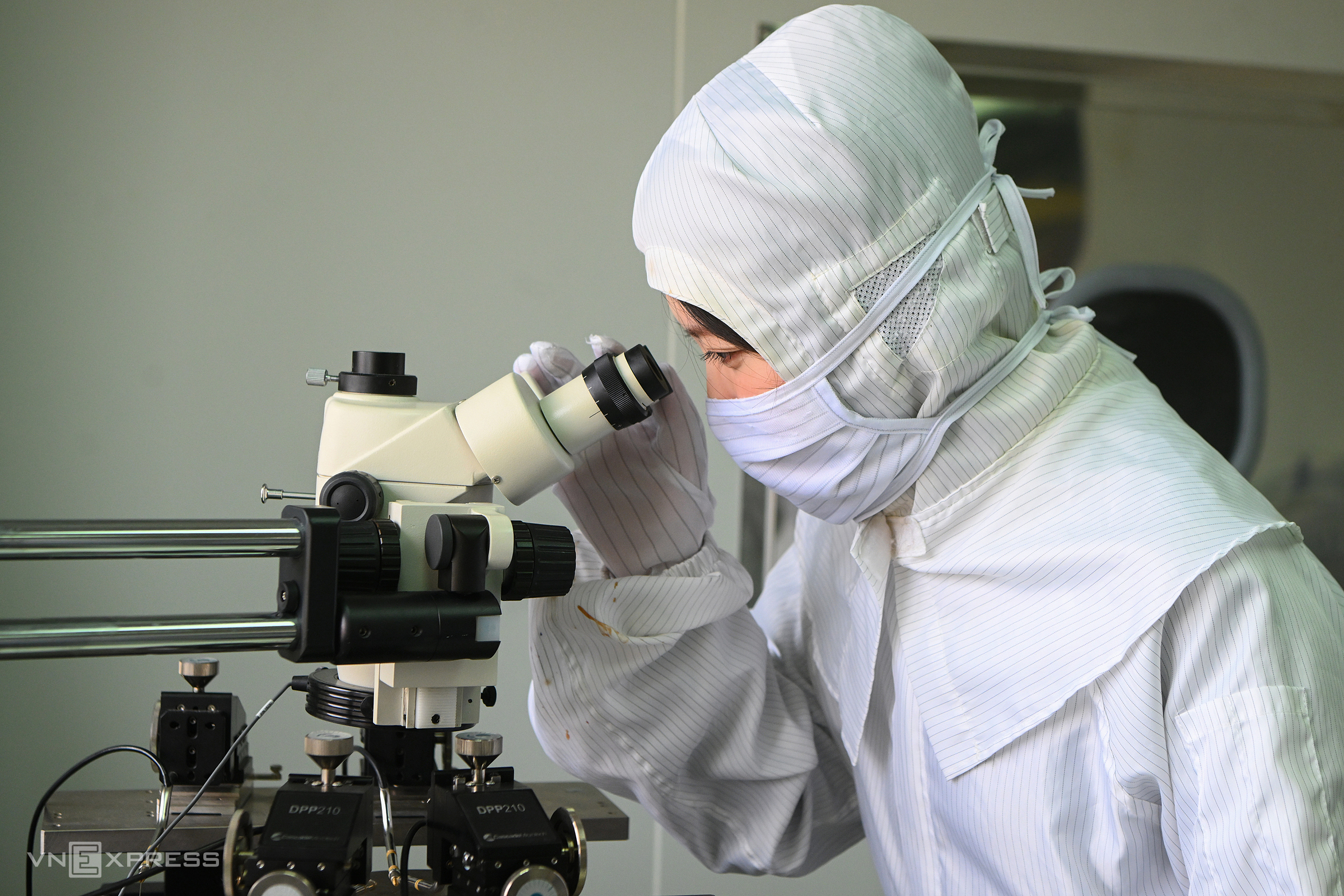 |
Clean room, Nano and Energy Center, University of Science, Vietnam National University, Hanoi, a training and research facility for semiconductors. Photo: Giang Huy |
Clean room, Nano and Energy Center, University of Science, Vietnam National University, Hanoi, a training and research facility for semiconductors. Photo: Giang Huy
The decree also introduces special legal and civil service provisions. Foreign experts interested in Vietnamese citizenship will have the requirements eased. Vietnamese experts who wish to become civil servants but don't meet all the criteria can still be accepted. They may also be considered for leadership and management positions without necessarily meeting the usual requirements for age, planned career path, political theory qualifications, or time served in previous positions. Agencies, organizations, or individuals who nominate experts will receive a bonus equivalent to one month's salary if the expert successfully completes their assignment after 12 months.
Decree 249 outlines the selection criteria for experts. Eligible candidates include inventors or co-inventors of patented inventions that have been applied and resulted in practical products; individuals with deep expertise and experience in relevant fields who have worked at reputable research institutes, universities, or companies abroad; and authors of outstanding research papers that have won international awards or have been widely applied with practical results.
Individuals with doctoral degrees from top 200 universities worldwide who have at least 5 years of teaching or research experience at reputable institutions abroad, or those with doctoral degrees and 5 years of participation in international scientific projects, are also eligible. Candidates with at least 10 international publications in reputable journals, membership on the scientific boards of prestigious journals, or successful supervision of at least two doctoral candidates are also considered.
Vu Tuan



